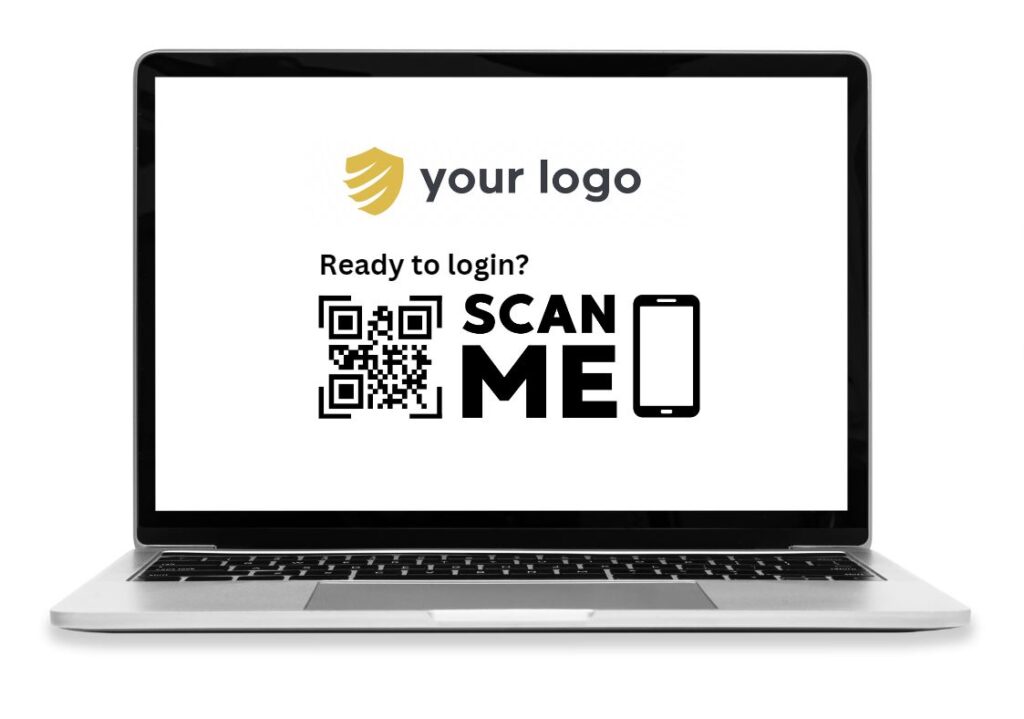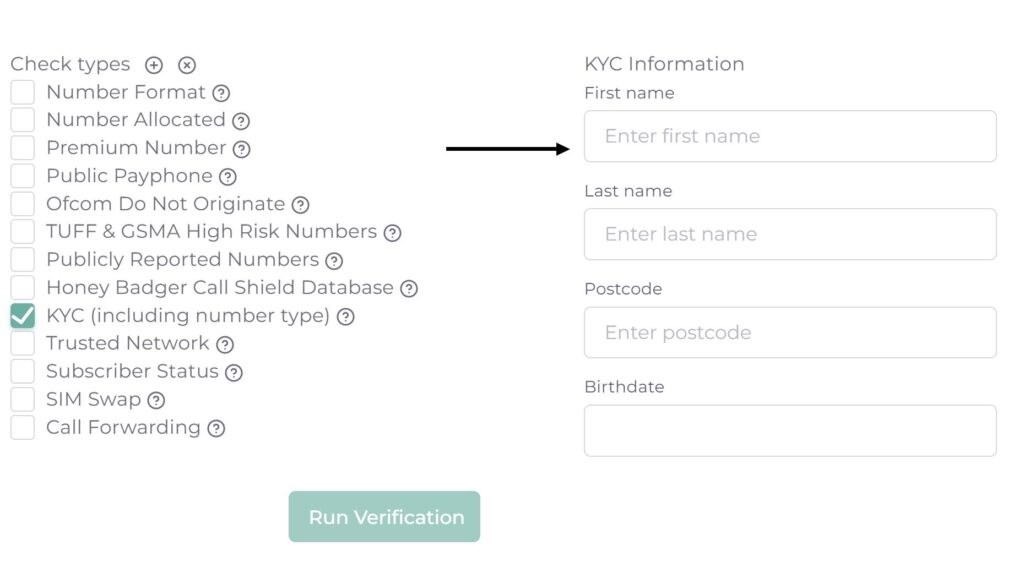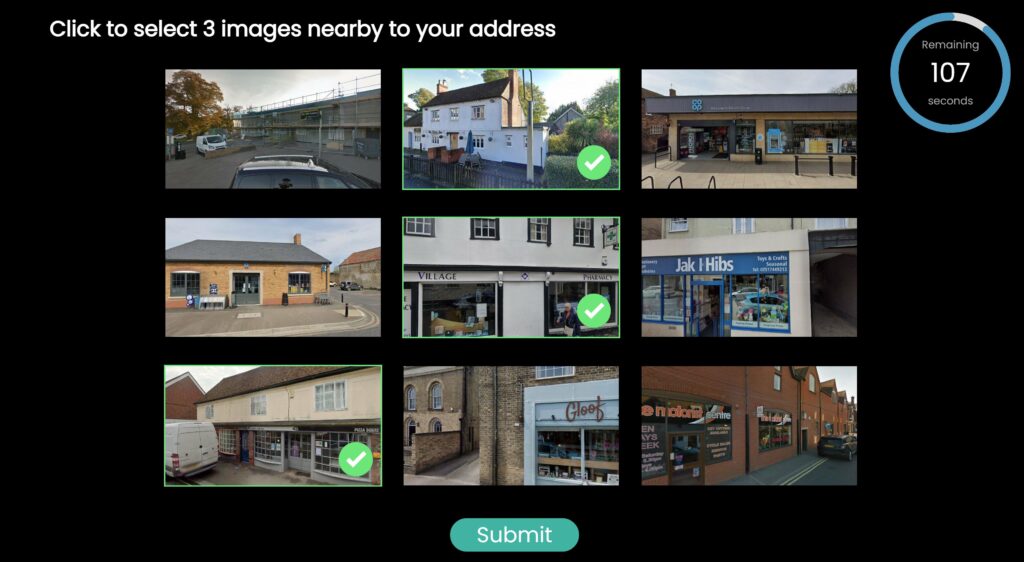Age verification is a critical component of the Know Your Customer (KYC) processes, primarily used to prevent underage individuals from accessing age-restricted products and services. This guide will explore why age verification is essential, which organizations use it, the challenges it presents, and the friction it can cause in customer experience.
Importance of Age Verification
- Legal Compliance: Many industries are legally required to verify the age of their customers to comply with regulations.
- Preventing Underage Access: It helps in restricting access to age-sensitive content, products, or services like alcohol, tobacco, gambling, and adult content.
- Maintaining Reputation: Organisations can maintain their reputation by adhering to ethical standards and legal requirements.
Organisations Using Age Verification
- Financial Institutions: Banks and other financial services use age verification to ensure customers are legally eligible for certain products.
- Online Retailers: Especially those selling age-restricted items like alcohol or e-cigarettes.
- Gambling Sites: Online casinos and betting platforms are legally required to verify the age of their participants.
- Adult Content Providers: To comply with legal requirements and ethical standards.
- Social Media Platforms: Some may use age verification to restrict access to mature content.
Challenges in Age Verification
- Accuracy and Reliability: Ensuring the age verification process is accurate and able to reliably confirm an individual’s age.
- Data Security: Safeguarding sensitive personal information collected during age verification.
- International Compliance: Dealing with varying age verification laws and standards across different jurisdictions.
- Technological Limitations: Keeping up with the evolving technologies used for age verification.
Friction and Customer Dropouts
- User Experience: A cumbersome age verification process can lead to a poor user experience.
- Delay in Service Access: Delays in verifying age can frustrate customers, leading to impatience and potential dropout.
- Privacy Concerns: Customers may be hesitant to share personal information, leading to reluctance in completing the process.
- Technical Difficulties: Issues like software glitches or incompatibility can impede the process.
In summary, age verification is a crucial step in the KYC process for many organisations, ensuring legal compliance and ethical business practices. While it presents challenges and can potentially add friction leading to customer dropouts, adopting streamlined, secure, and user-friendly verification methods can mitigate these issues. Ensuring a balance between compliance and customer experience is key to a successful age verification strategy.
How can Honey Badger help?
Use Honey Badger to run silent age verification checks using the information stored on file by mobile network providers. Requiring only a customer’s phone number and date of birth, Honey Badger will perform a real-time lookup against the verified and trusted information that mobile networks already have stored on file. This process happens instantly and without any friction for the user. To find out more visit Honey Badger’s Risk Insights page.







